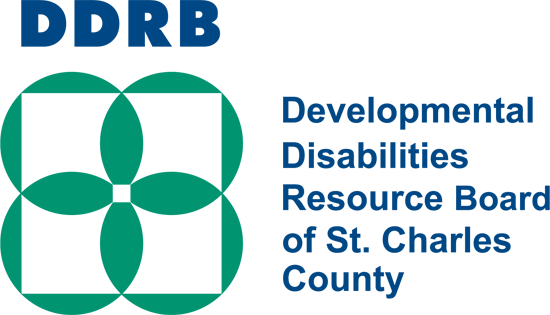EMPLOYMENT TRANSPORTATION REIMBURSEMENT
The DDRB Transportation Reimbursement Fund is intended to temporarily support individual’s transportation needs. The role of the Employment Agency and/or Case Manager/Service Coordinator is to educate individuals about the Transportation Reimbursement Fund, including its requirements, as outlined below. This funding is not intended to cover total transportation costs, but to enhance options and opportunities while individuals explore long-term transportation solutions.
Program Information SheetType of Reimbursement
- Employment – Reimbursement for transportation related expenses for individuals who are competitively employed in community, underemployed or in jeopardy of losing employment due to the lack of transportation.
- Employment Training/Education – Reimbursement for transportation related expenses for individuals who are enrolled in a postsecondary school (vocational or trade school, college, or university) or participating in a DDRB funded employment training program.
Eligibility
Individuals are eligible for a lifetime maximum amount of $3,500 for each (Employment and Employment Training/Education funds) fund. Individuals may request reimbursement for both funds in tandem and/or back to back if eligibility criteria are met. If the maximum amount allowed is not fully utilized, individual’s balances will remain available for use at a later time. Employment and Employment training/Education funds cannot be combined.
Individuals who meet the following criteria are eligible to access the Transportation Reimbursement Funds:
- Individual has been determined eligible for DMH/DD services and have a DMH/DD I.D.
- Individual resides in St. Charles County
- Employment – Individual is competitively employed in the community
- Employment Training/Education – Individual is enrolled in a postsecondary school and has an active case manager/service coordinator or receives Employment Training Services from a DDRB funded program.
Qualifying Expenses (Reimbursable with Valid Receipts)
- Public Transportation provided by a public transit entity (cab, Uber, ITN, etc.).
- Private Transportation provided by an individual (coworker, friend, neighbor, etc.). The individual cannot reside with the eligible individual.
- Driver education or related training provided by reputable business. This does not include driver skill or competency assessments.
- Motor vehicle purchase: the eligible individual must be listed as an owner on the title of the vehicle purchased.
- Motor vehicle sales tax: the eligible individual must be listed as an owner on the title of the vehicle.
- Initial motor vehicle licensing: the eligible individual must be listed as an owner on the title of the vehicle.
- Vehicle repairs: the eligible individual must be listed as an owner on the title of the repaired vehicle. (repairs not covered oil change, fluids, filters, and tune-up)
Requesting Reimbursement
Individuals who receive Employment Services from a DDRB funded employment agency, must submit the Transportation Qualifying Expense Checklist with valid receipts to their employment agency. The employment agency will submit for reimbursement from the DDRB via the Alliance Portal. The Employment agency is responsible for reimbursing the individual and maintaining a copy of the checklist along with supporting documentation for all reimbursable requests.
Individuals who have a case manager/service coordinator, must submit the Transportation Qualifying Expense Checklist with valid receipts to their case manager/service coordinator. The case manager/service coordinator will submit for reimbursement from the DDRB via email at transporation@ddrb.org. The DDRB will reimburse the individual directly.
Individuals who do not receive employment supports or have an active case manager/services coordinator, must submit the Transportation Qualifying Expense Checklist with valid receipts directly to the DDRB. The DDRB will reimburse the individual directly.
Request for reimbursement to the DDRB must be made within 90 days from the date the expense was incurred. It is recommended that individuals accessing the reimbursement funds, track amounts they have requested and their remaining lifetime balance.


